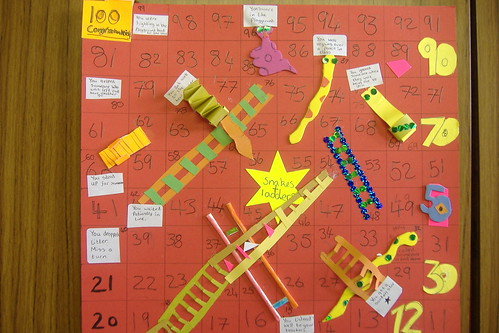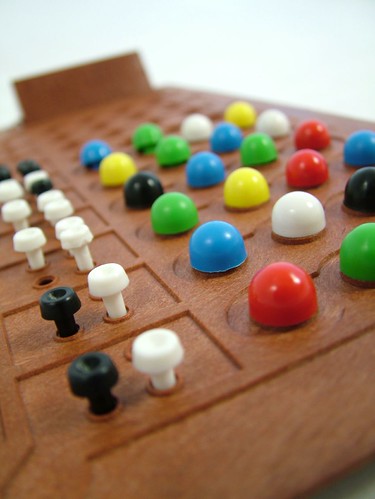Dear Parent,
This year you should find that in the main,
the homework this year is repetitive and predictable.
This is so the students can do their homework independently.
The main aim of this homework is to create a ‘homework habit’
which will stand to them in Senior Classes and at second level.
I would consider that learning tables and reading
are the most important part of the homework given.
Tables: From October 3rd, we will start with number patterns and then move on to multiplication and division tables.
Reading: From Monday 9th October reading will be more challenging and I hope enjoyable.
Mental Maths: For the time being each night your child is asked to do the sums laid out in New Wave Maths for that day.
Learning Spellings: In general the class are very good at spellings.
When I pretested spellings from the 3rd class programme quite a number of students were getting full marks.
This meant that if I stuck to those spellings, they would have no spellings to learn.
So I am going a bit faster through the spelling lists so that each child will have three spellings a night to learn.
These are the spellings from the lists in the booklets I sent home, that are spelt incorrectly in their pretests in their copybooks.
Irish Verbs: Children are asked to read these three times each night, to become familiar with the pronunciation and the pattern.
At the end of homework each day,
your child should get into the habit of paring
three pencils for use in class the following day.
In doing this your child is taking some responsibility
for their own learning. Preparing for school the next day,
like this, is a valuable habit to get into.
School Policy is that homework in Third should take 30 – 40 minutes.
If homework is taking significantly less time than that a child can supplement it.
This month I will be sending home some ideas in this regard.
If homework takes significantly more than
40 minutes uninterrupted work,
please ask your child to stop
and sign their homework notebook to this effect.
If your child attends Learning Support
I would ask you to prioritise the work
given by the Learning Support teacher
as that work is carefully chosen by the LS
for your child’s specific and individual needs.
Thanking you for your support and co-operation,



